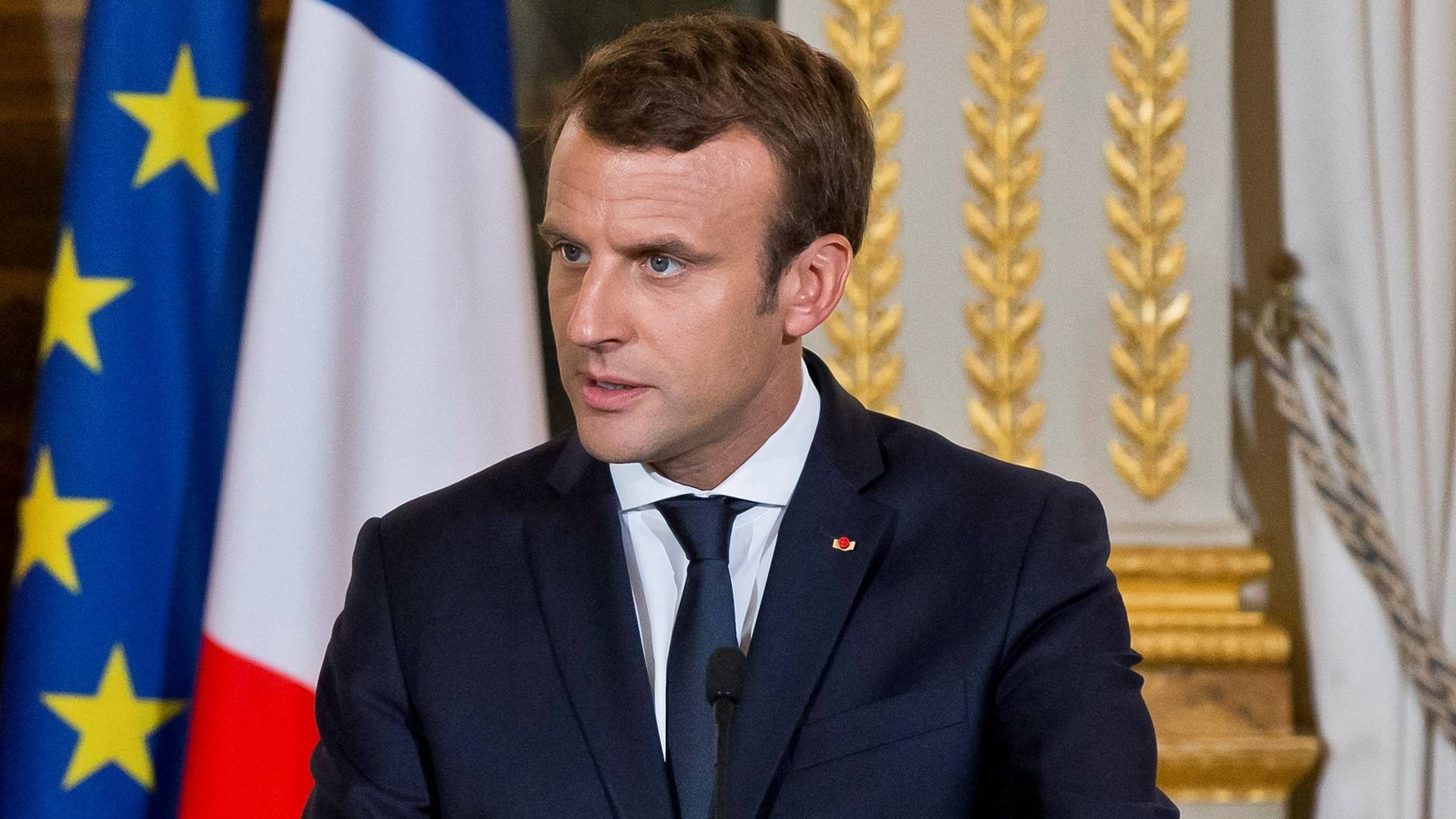In a visit to Kigali, the French president says his country asks Rwanda for forgiveness over its role in the 1994 killings

French President Emmanuel Macron, in a visit to Rwanda, has said France recognized its “responsibility” in the 1994 Rwandan genocide, asking for forgiveness for his country’s role but without offering an official apology.
His comments on Thursday came during a solemn speech at the Kigali Genocide Memorial, where 250,000 victims of the mass killings are buried.
ANALYSIS – From Islamist “separatism” to “white privilege”: Footsteps of racism in France
Some 800,000 ethnic Tutsis and moderate Hutus were killed by Hutu militias in 100 days of bloodletting that began in April 1994.
Macron said France did not listen to those who warned it about the impending massacre in Rwanda and stood de facto by a “genocidal regime”.
“Standing here today, with humility and respect, by your side, I have come to recognize our responsibilities,” he said, adding, however, that France “was not an accomplice” to the genocide.
‘Strong communication network needed against Islamophobia’: Turkish president
Macron said France had a duty to admit the “suffering it inflicted on the Rwandan people by too long valuing silence over the examination of the truth”.
He added that only those who had survived the horrors “can maybe forgive; give us the gift of forgiveness”.
While Macron’s comments went further than his predecessors, many in Rwanda were hoping for a full apology that France failed to help stop the genocide.
“It would be a very good thing if Emmanuel Macron apologizes,” Freddy Mutanguha, director of the Aegis Trust NGO which runs the Kigali memorial, had said before Macron’s speech.
EU approves China sanctions over Uyghur genocide, 1st in 3 decades
Macron’s visit follows the release in March of a report by a French inquiry panel that said a colonial attitude had blinded French officials and the government bore a “serious and overwhelming” responsibility for not foreseeing the slaughter. However, the report absolved France of direct complicity in the killings.
Rwandan President Paul Kagame, who has previously said France participated in the genocide, said last week that the report “meant a lot” to people in his country.
Rwandans could “maybe not forget, but forgive”, France for its role, said Kagame, a Tutsi and the main power in Rwandan politics since his rebel army ended the killings by death squads loyal to the Hutu-led government.
Macron agreed in April to open the Rwanda archives of former President Francois Mitterrand, who was in charge during the genocide. Shortly afterward, Rwanda released its own report that found France was aware a genocide was being prepared and bore responsibility for enabling it, continuing in its unwavering support for Rwanda’s then-President, Juvenal Habyarimana.
It was the shooting down of Habyarimana’s plane, killing the president, that unleashed the frenzy of killings.
“French officials armed, advised, trained, equipped, and protected the Rwandan government,” the report said. France then proceeded to cover up its role for years, it added.
Napomena o autorskim pravima: Dozvoljeno preuzimanje sadržaja isključivo uz navođenje linka prema stranici našeg portala sa koje je sadržaj preuzet. Stavovi izraženi u ovom tekstu autorovi su i ne odražavaju nužno uredničku politiku The Balkantimes Press.
Copyright Notice: It is allowed to download the content only by providing a link to the page of our portal from which the content was downloaded. The views expressed in this text are those of the authors and do not necessarily reflect the editorial policies of The Balkantimes Press.
